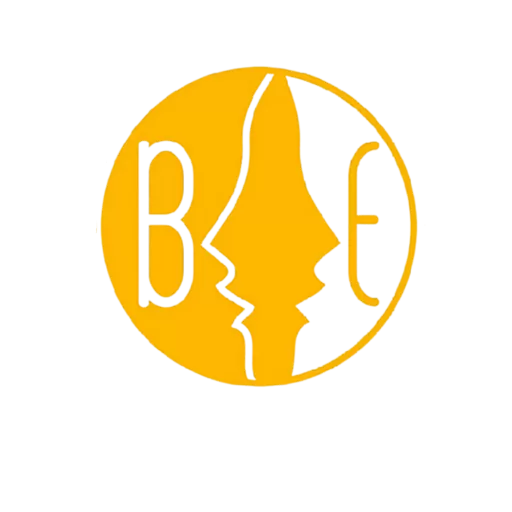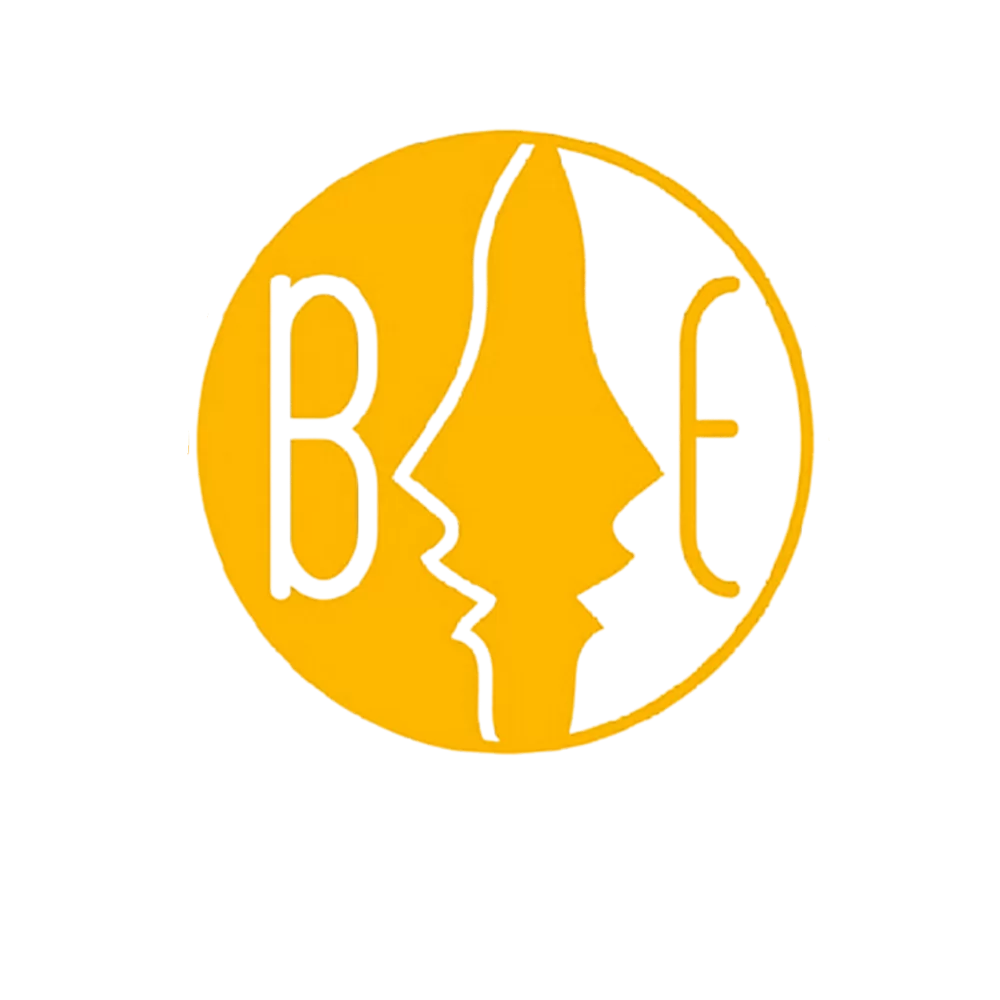Yvon André, known affectionately as “Kapi,” was born into a family of seven children. His father served in the military, and his mother was a teacher. Raised in Pétion-Ville, Haiti, André completed his studies there and remained until the age of 19. His childhood was shaped by the sounds, landscapes, rhythms, and colors of his environment, which inspired his passion for music, despite initial resistance from his father.
Kapi began his musical journey as a drummer in a Rock and Roll group called The Devil Sons. His talent was discovered by chance during a performance with Les Diplomates at a school fair, where his classmate Albert Chancy recognized his potential. When Tabou Combo was still in its early stages as Les Incognitos, Chancy and Herman Nau invited Kapi to join them. From then on, he remained a steadfast member of Tabou Combo, referring to his bandmates as his “brothers in blood.”
Few percussionists possess a profound understanding of the art, and Kapi’s abilities placed him in a class of his own. He pursued formal musical training upon arriving in New York in 1970, studying piano, voice, and music theory. He attended the Muse School in Brooklyn and later Jazz Mobile to enhance his knowledge of piano harmony and advanced theory. Additionally, he received classical and jazz piano lessons from Professor Mike Longu at Abrons Art Center. Kapi also explored lyrical art through correspondence courses and contributed as a lyricist to international projects.
Kapi played a crucial role in Tabou Combo’s rise to international fame, particularly during their 1975 success in the French hit parade with New York City. His contributions as a percussionist, arranger, and composer were integral to the band’s sound. After years of dedication and growth, Kapi released his first solo album, Mirage, in 1980. The album, featuring collaborators like Félix and Yanick Étienne, Herman Nau, and others, blended jazz influences with themes of love and peace. During his time with Tabou Combo, Kapi also worked on commercial jingles and composed music for two films by Duchvil Productions, Carline (1984) and Double Destinée (1986), which showcased his versatility and ability to evoke a wide range of emotions through music.
In the mid-1980s, as the Zouk genre gained prominence, Kapi and Gary Résil embraced the Zouk Béton style, incorporating it into their 1986 album Exodus. This endeavor highlighted Kapi’s ability to adapt and innovate within evolving musical landscapes. Despite these ventures, Kapi remained committed to his personal projects and the Haitian music tradition.
In 2006, Kapi launched the Afro-Caribbean Project, a series aimed at reimagining Haitian, Caribbean, and world songs that were over half a century old. Through fresh arrangements and modern interpretations, the project brought timeless music to new audiences. Over the years, he released several volumes of the project, further solidifying his contributions to Haitian music.
Kapi lived through historic moments with Tabou Combo, performing in Panama, Gabon, Paris, and Côte d’Ivoire, where the band received the prestigious Lifetime Achievement Award. His contributions to Tabou Combo’s repertoire are profound, with many of the band’s hits bearing his stamp as a composer, lyricist, and arranger.
After more than five decades in music, Kapi continues to view music as a source of pleasure and escape—a lifelong passion. Now residing in Miami with his family, Kapi remains dedicated to preserving and celebrating the richness of Haitian and Afro-Caribbean music.
Yvon André’s journey remains a testament to his enduring dedication, innovation, and love for music.



